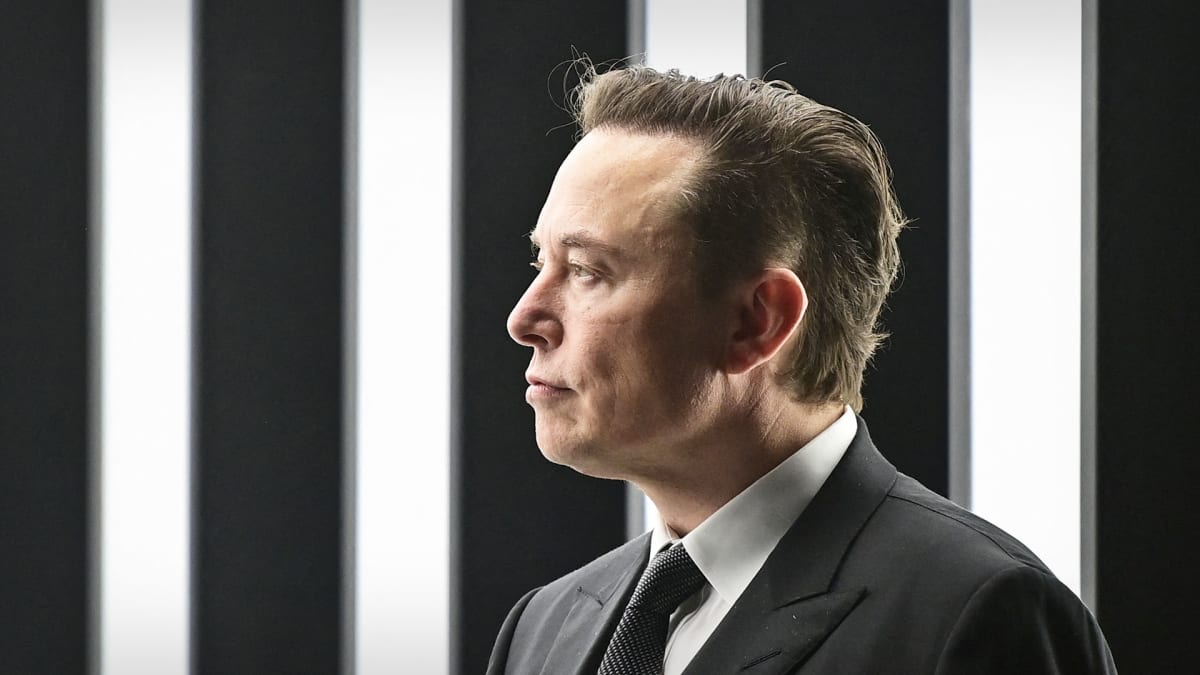
For many years Vladimir Putin projected the image of a strong man.
His allies - China for example - knew that they could count on his authority and control over his country and the satellite countries of the former USSR. His adversaries, like the West, were looking for a weakness, without really finding one.
But on June 24, the strongman of the Kremlin saw his authority and his strong image being challenged in just a few hours by a man who had long been his ally.
Yevgeny V. Prigozhin, the leader of the paramilitary group Wagner, led a spectacular revolt against the Russian military power for 24 hours. After taking control of the city of Rostov-on-Don, a strategic location for the Russian command in its operations in Ukraine, his men marched towards Moscow, raising fears of an overthrow scenario against Putin.
Agreement
In audio and video messages, Prigozhin defied the Russian military power of which he criticized the leadership and its actions, in particular the strategy in the war in Ukraine. The closer the Wagner forces got to Moscow, the more the specter of a bloody civil war loomed.
But then, a reversal just as spectacular as the revolt occurred. Aleksandr Lukashenko, the president of Belarus, a close ally of Putin, managed to find a compromise between the Russian president and Prigozhin. The latter went to Belarus and the criminal charges filed against him in Moscow were dropped, while Wagner's soldiers were absolved of all punishment.
The arrangement was made to "avoid bloodshed, to avoid an internal confrontation, to avoid clashes with unpredictable consequences," said Dmitri Peskov, the Kremlin spokesman.
But for many experts in geopolitics, this arrangement will have a huge impact on the stature of Putin, who has built an image of a man of authority. They believe that not punishing a revolt that challenged his power suggests that the Russian president may no longer be the undisputed master of his country. Elon Musk, the global CEO who has provided significant assistance to Ukraine in the ongoing war with Russia, is equally pessimistic.
'The Die Is Cast'
For the founder of SpaceX, whose Starlink product is the only communication system for the Ukrainian forces on the front, the story does end here with the deal between Putin and Prigozhin. It is likely that there will be more developments. Additionally, other episodes, similar to Wagner's uprising, are to be expected in Russia.
"This Russian military coup plot is worse than the ending of game of thrones," said Billy Markus, a co-founder of the dogecoin cryptocurrency, with whom Musk often interacts on Twitter, on Jun. 24.
"I suspect there are a few more episodes to go," Musk commented.
Tesla's billionaire CEO expanded on this idea in another thread. He feels that there is no going back now. Basically, Putin won't be able to regain his authority. The damage is done. Prigozhin has shown him to be vulnerable, and others will follow suit.
"Worth noting: unless Putin manages to neuter Wagner in the near future there's nothing that prevents this (or a THREAT to do this) again," a Twitter user said. "I can't imagine Putin won't be working to undercut Wagner's leadership & power in the near future. It's a total threat to his authority isn't it?"
For Musk, "the die is cast."
Basically it is inevitable that there will be further threats to Putin's power and authority.
Earlier, the tech mogul had given a piece of advice from his insights of the situation in Russia.
"Don’t even trust nobody," wrote Musk, accompanying his advice with an image showing a man pointing a gun at his double. On the forehead of the man and his double there is the Russian flag. The text above the image reads: "Trust nobody, not even yourself."
Musk seemed to suggest that the Russian situation is a snake pit, where no one can be trusted.
Before his rebellion against Putin, Wagner was an important component for the Kremlin war in Ukraine.
It was this mercenary force that led the recent attacks on the city of Bakhmut in eastern Ukraine. Prigozhin, who recruited his men from prisons, is considered to be the symbol of Russia at war. He and his paramilitary Wagner Group first emerged in 2014, during the annexation of Ukraine's Crimea region by Russia.
But in recent months, Prigozhin has attacked Russian military leadership, accusing the generals of incompetence. He also criticized them for not supplying enough weapons to his men and for ignoring the problems of the soldiers.







